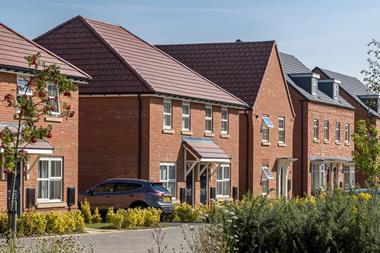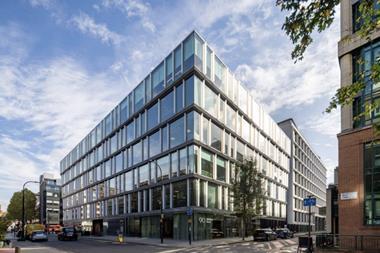EUROPE - ‘Care and cure' property assets are gaining appeal among pension funds because they offer a hedge against the broader economic downturn, according to ING Real Estate fund manager Wietse de Vries.
Insulation from tenuous consumer spending, economic growth and business confidence made healthcare property "an excellent diversifier", he claims.
More specifically, de Vries added the advantages they carry include inflation-hedged leases, with long-term, stable cashflows. Noting "inflation eats away at pensions".
His comments came at the same time as ING Real Estate announced the launch of a €800m, 10-year fund investing in core and core-plus healthcare properties across mature European markets.
The fund is looking to complete its fundraising within the first six months of 2009, and has a target 8% IRR.
Potential investment targets will initially be sought in Europe's three most mature markets, primarily Germany and France, while 20% of the fund will be invested in the less mature Netherlands market.
"It's an emerging asst class, and they have their appeal," said de Vries.
Early focus will also be on "care, cure and commercial" assets, including hospitals, nursing homes and "medimalls", as labelled by de Vries.
By focusing on income-producing assets and turnkey forward acquisitions, de Vries said the fund would avoid risks associated with development and licensing.
"There's no such thing as an investment without risk, but they are different risks from those in traditional real estate classes," said de Vries. "In any case, there's nothing wrong with risks as such. It depends how you manage them."
He cited as potential risks in the healthcare sector the political risk of stalled reforms, as well as single tenant property risk, and vacancy risk associated with ‘turnkey' acquisitions.
Although the fund's focus will be on the asset rather than the tenant, it will take "future-proofing" of the tenant's business model, logistics and legislation into account.
"We're looking at assets as equities - but we're investing in the property, not the management," said ING REIM's portfolio manager Ingrid Hulshoff
Although there is little evidence that healthcare has bypassed increasing investor caution, de Vries was sanguine about the timing of the fund as he added "no-one really excels at timing the market".
He cited a combination of factors are likely to make the market more appealing, including the global healthcare industry size, and forecasted European growth in particular as a result of "new syndromes, changes in patient and consumer behaviour, and changing demographics".
Healthcare property's appeal is also boosted by pressure on governments to source alternative funding, along with regulatory changes designed to allow private capital investment, and privatisation.












